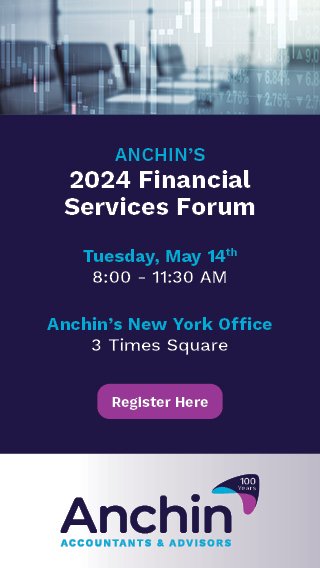You Can’t Have Two First Priorities
/In his recent testimony before the Senate Banking committee, Wells Fargo CEO John Stumpf accepted accountability for the phony account scandal that overtook the bank under his watch. He also made it perfectly clear that encouraging employees to cross-sell products and services to existing customers will remain core to the bank’s strategy. As Stumpf said, “Cross-selling is shorthand for deepening relationships.” But the problem with that, and perhaps the reason why the bank’s stock hasn’t taken a bigger hit, is many of the company’s shareholders heard dog-whistled language. Stumpf said, “Cross-selling is shorthand for deepening relationships.” Perhaps Stumpf’s real message was something different: ‘Despite this terrible crisis, we’re fully focused on making our 2016 numbers.’
Of course, there’s nothing wrong with a firm encouraging its representatives to sell a full suite of products. But as long as cross-selling is the bank’s first commandment, the seeds of future bank-customer misalignment will remain firmly planted. Changing its senior leadership, reforming its sales quota system or loading up on new compliance tools may give the tarnished Wells Fargo stagecoach a clean look, but none of those moves will fully restore the bank’s one-time trustworthy image. The reason is simple: employees follow their incentives. If the first priority of the bank is to maintain the highest customer satisfaction ratings possible while maintaining profitability, the bank’s sales professionals will work in that direction. But when a customer is treated like a counterparty at a card game, overreach will inevitably happen again.
On the other side of the ledger, the day after Stumpf’s testimony, peer-to-peer insurance company Lemonade arrived to remind everyone there’s more than one way to run a financial services company. After a year in stealth mode, the company launched its core insurance offerings to support one simple proposition: an insurance company shouldn’t be rooting against its clients. Instead, it should be fully transparent, fair and aligned with its customers. Always. Not some of the time, not when the marketing department thinks it’s a good idea. Always.
Lemonade is by no means a charity. It is a daring, for-profit business whose investors, including XL Innovate, Sequoia Capital and Aleph, want a big long-term return. And the good news is Lemonade isn’t the only fintech company taking this path. Take Aspiration, an investment firm start-up that has employed a novel ‘pay what’s fair’ approach to fees whereby customers actually get to choose how much to pay the firm. The company, whose tagline is “A Financial Firm. With a Conscience,” is backed in part by angel investors including David Bonderman, Steven Rattner, Frank Yeary and Gordon Crawford — not exactly a bunch of financial lightweights.
There are many other US, European and Asian digital banks, marketplace lenders, crowdfunders and insurance start-ups that are also following the playbook of high transparency, low fees and zero sneakiness. Additional entrants are sure to come as the market continues to validate this new path.
Of course, as some of these start-ups build scale, add shareholders and take on more complexity to their business models, there will be pressures to change their relationship with customers. Some may take the approach of Kickstarter, which in a bid to immunize itself from mission creep, converted to a Delaware Benefit Corporation or “B Corp.” Others, particularly those with long-term minded investors, will simply maintain a customer-centric ethos, regardless of corporate structure.
So while Wells Fargo’s first-order solutions to address its dented reputation are all well and good, my hope is the bank, and other incumbent financial institutions, will look to their would-be disruptions as a catalyst for regaining an unequivocal focus on customers. Disruptors may not pose a significant threat to next year’s profits, but rising fintechs in New York, Silicon Valley, Atlanta, Chicago and developing hubs across the country are onto something bigger than just new tech. Their innovations are grounded in an ethos that may one day be able to derail the momentum of any large financial wagon, no matter how shiny it looks.






